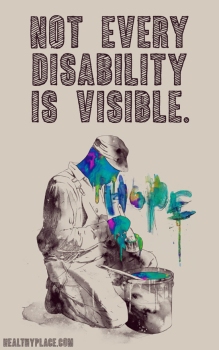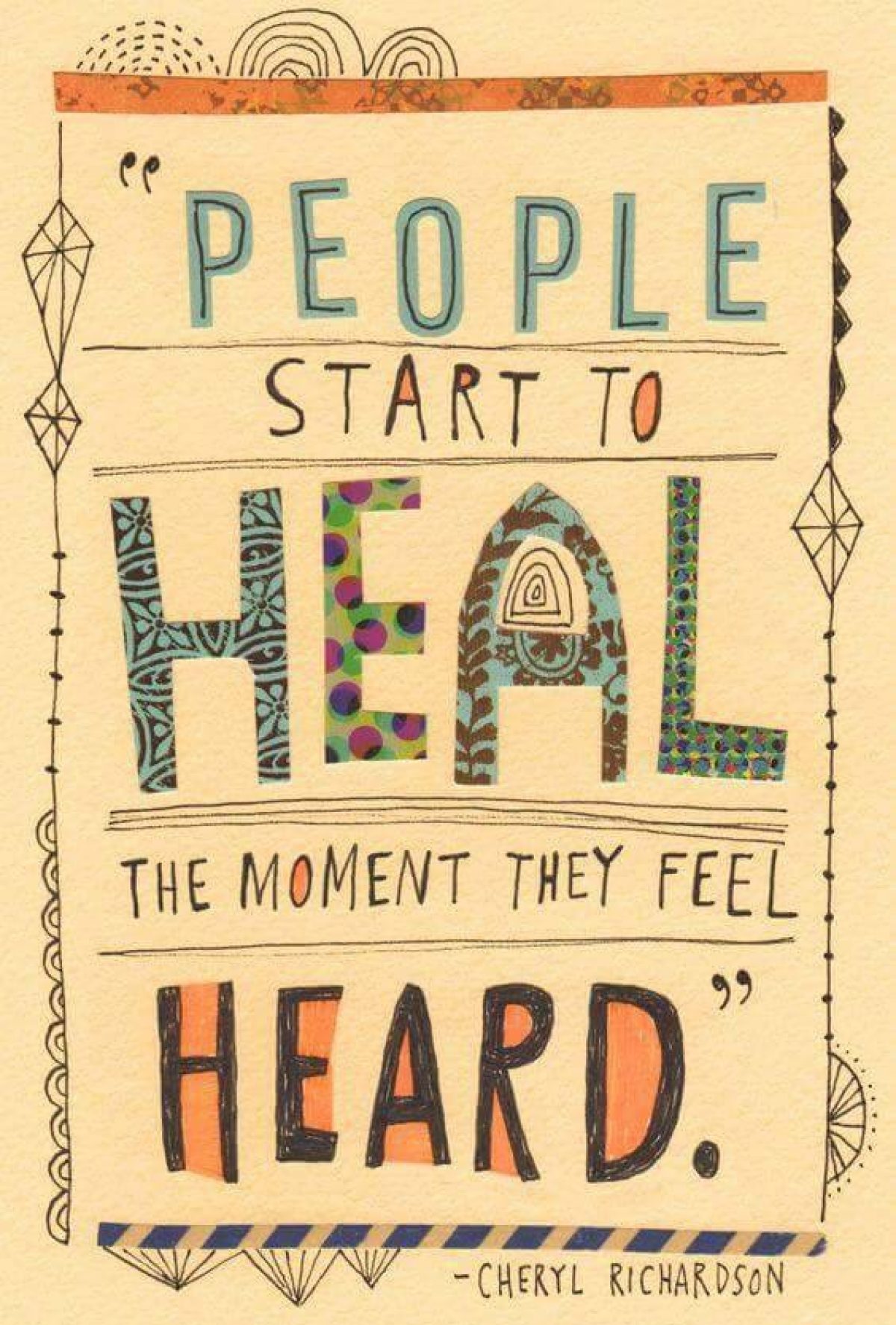Judgement. Stigma. Misunderstanding. Misconceptions. Suffering from depression is hard enough, dealing with these at the same time makes it impossible. I have had my fair share of these experiences. However, overwhelmingly I have been lucky enough to have had the most amazing support from friends and family. So what can you say? What can you do? What is the best approach to take?
My biggest advice is do something. I used to have a close friend, who sadly died from cancer last year. She was old enough to be my Mum, she had children the same age as me. I learnt from her wisdom. We often joked about some of the awful things well meaning friends and family had unintentionally said about her cancer. I listened to some of them and was honest with her that the naïve, young me could have said them.
Her response I will always remember. But it is better to be there and say the wrong thing than to not be there at all. Essentially the same is true for someone with depression. The greatest gift you can give is to be there. To try and understand. To do your best to help. You probably wont always say the right thing. But that doesn’t matter. Your intention to love and care will outshine any error.
My top 10 to help someone with depression.
- Research the illness. A great number of people want to help. A great number of people want to be there for their friends or family. A great number of people are scared of saying the wrong thing. Recently a good friend, an experienced professional, in her sixties, spoke to me openly about this. She shared her lack of knowledge about depression. I had written a book about my experiences in order to aid my recovery. She was so keen to read it. She said reading it was like reading my soul. She said I am starting to get this illness now. I am starting to see how it affects you. Developing this understanding of mental health is key. Putting yourself in someone else’s shoes for a little while. Walking on their path. Find out what you can. Find out what its like. It will help you understand.
- Listen. Truly listen. Take in what the person is saying, study the implications and be with them in their sharing. To listen effectively there is a real process that needs to occur. To begin with let the person talk. Don’t interrupt them, don’t add in your own personal experiences or share your own stories. Not to start with-just listen. Actively listen. Engage them with your eyes, reassure them with your smile, and use your facial expressions to respond to what they are saying. Show compassion, empathy and understanding. For the person suffering with depression there is something very special about being truly listened to. It can make you feel like someone believes you. It can make you feel like someone really understands that you are unwell. It helps you feel like what you are saying is worthwhile. It gives you hope that not everyone in the world thinks you are crazy. It is so powerful.

- Give up your time. It is the greatest gift. It is a common belief that the British have a ‘stiff upper lip’- remaining resolute and unemotional in the face of adversity. It is so unnatural for us British to feel comfortable with situations where people share their souls. Firstly it is alien for us to communicate our feelings and emotions. To those of you who feel uncomfortable with these discussions my advice is I know it could be awkward but just being there, being prepared to give up your time is very beneficial.
- Believing them. Remember how much effort it has taken for an individual to share. Try to realise how scary it is for them to communicate their inner feelings. When they do so, the key job you have is to believe them. They are not exaggerating or making things up, they are trying to get help and be well again and they need to know you believe them. How do you show them you believe? Don’t doubt them. Don’t be judgemental. Don’t try to trivialise something so big. Instead ask them open ended questions. How does it feel? What is helping you to get better? How can I be of help? They may not know the answers to all these questions but your openness shows you believe them.
- Personal experiences. I find it very reassuring to know that I am not the only one to feel like this. I like the fact that others have suffered and found a way through the darkness and are now highly functioning again.
- Offer suggestions/guidance. If you are someone the person trusts then it may be helpful to offer some practical advice to certain issues. Do not expect to solve everything. Do not expect to take their illness away or improve how they are feeling completely but the person may be encountering some situations that you can help with.
 Be there for them. Keep in touch. They may want to isolate themselves and shrivel up into their own little ball but it is amazing to know that even when you push people away they will still be there for you. It doesn’t have to be scary to support your friend when they are going through a mental health problem. It can be really simple just text, call or reach out to them in anyway. I have a friend who since I have been unwell has text me every day. Just a “hi, how are you today?” has made me feel constantly cared for.
Be there for them. Keep in touch. They may want to isolate themselves and shrivel up into their own little ball but it is amazing to know that even when you push people away they will still be there for you. It doesn’t have to be scary to support your friend when they are going through a mental health problem. It can be really simple just text, call or reach out to them in anyway. I have a friend who since I have been unwell has text me every day. Just a “hi, how are you today?” has made me feel constantly cared for.- Be patient. Someone suffering from depression can change their mind every 30 seconds. My mind goes round and round in circles constantly. When they change their mind every other minute, when they don’t know whether they are coming or going with their lives or any decisions they have to make, try not to rush them. Remember they are not intentionally trying to be difficult or even wind you up with their changes of minds, they can’t help it, as it is part of their illness. In the same way when they snap at you, when they are so low or down they don’t want to do anything, be patient.
- Remind them it will pass. Keep reassuring them. It will end. It will be over. There will be a new journey to take. They may be resistant to this. They may disagree. They may not be able to see the light at the end of the tunnel. Tell them they will get well again. Even when I have shrugged this off. Even when I have refused to take this on board. There is a part of me that held onto these words. They swirl around in my head and pop up occasionally.
- Take time to share things you love about the person. Many friends have spent time telling me how important I am, what a good Mum I am, how the students I teach love me, how colleagues learn from me and respect me. They have shared that in their opinion I am a lovely, kind, caring person who is fun to be with. Although I certainly don’t feel any of these things at the time, it still helps. These words certainly resonate in the back of my mind and stay with me.
So when you encounter someone with depression. Don’t shy away from the person. Don’t ignore them. Don’t avoid them. Be there for them. Listen to them. Believe them.


